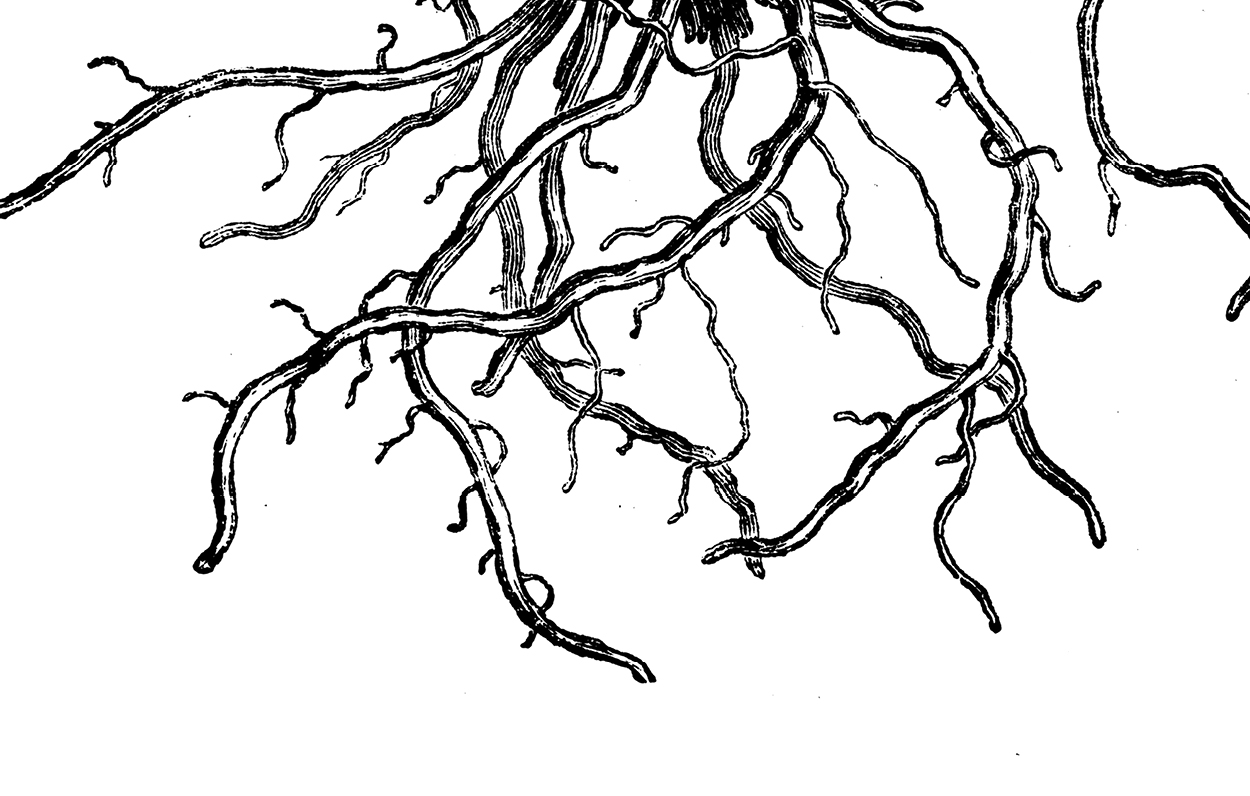Rhizome Theory; Botany, Philosophy and the Shape of Innovation

What does it mean to be innovative in business? When it comes to finding new opportunities for revenue generation, identifying future industry trends, directing research & development efforts, or capitalizing on previous experiences to gain actionable insights, innovative is just the thing we all want to be. But how well do we actually understand this concept? Can it be measured? Can we truly understand what makes an individual, a team, or an entire company be likely to innovate? Is innovation like a plant: a system to be taken care of, nurtured and tended? And if so, what does it feed off of?
The answer may lie in Organizational Theory. Organizational theory is a key part of understanding how social units of people come together in pursuit of collective goals. In this article, we look at an unlikely ally to help answer the questions above: the post-structuralist philosophy of French philosopher Gilles Deleuze. His work on the way we structure our thoughts and organize ourselves gives us glimpses into how we can identify and catalyze human potential into action, and encourage innovation by understanding its underlying shape, all while drawing inspiration from a peculiar botanical structure: the rhizome.
